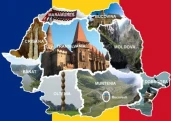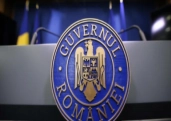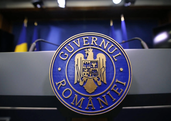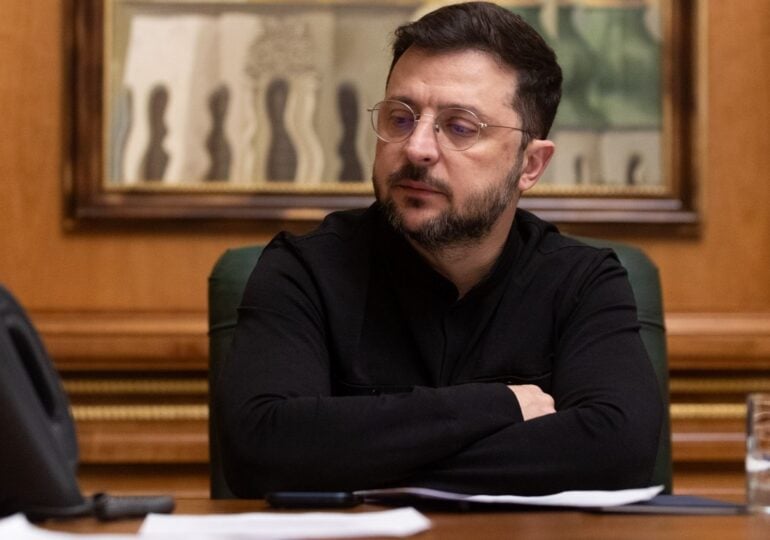Romania approves Long Term Strategy for reducing greenhouse gas emissions
Romania's Long Term Strategy (LTS) for reducing greenhouse gas emissions, which aims to make Romania neutral by 2050, was approved on Wednesday by the Government, the Ministry of Environment, Water and Forests (MMAP) said.
"With the approval of the Strategy in the Executive meeting and its communication to the European Commission, we practically close the infringement procedure against our country. Climate change is a fundamental problem for our society. They do not take into account the borders between countries and Romania is equally affected, we feel them on our own skin, whether we are talking about extreme weather phenomena, desertification of Romania, floods, drought. The strategy approved today proposes options for decarbonising each sector, whether we are talking about energy, transport, agriculture, residential heating, waste or forests. Romania has already started the decarbonisation process by reducing emissions by 62% compared to 1990 levels and we are thus demonstrating our firm commitment to environmental objectives," said Minister of Environment, Water and Forests Mircea Fechet.
According to a press release from the relevant ministry sent to AGERPRES on 16 November 2023, the European Commission issued a reasoned opinion in Case 2022/2090 - failure to notify Romania's long-term strategy, with a two-month deadline for compliance.
Three scenarios have been developed and analysed within the Strategy: the Reference Scenario, the Middle Scenario and the Neutral Romania Scenario, the latter being selected by the Romanian authorities to be implemented until 2050 and for which a Memorandum was approved in April this year.
Under this scenario, Romania aims to become climate neutral in 2050, with a 99% reduction in net emissions compared to 1990 levels.
The LTS was developed on the basis of a macro-economic assessment, carried out after sectoral and cross-sectoral impact modelling. It assessed in detail the prospects, options, costs and benefits of the measures to be implemented in order for Romania to ensure sustainable development in the medium and long term, under the conditions of the obligations to significantly reduce GHG emissions and improve GHG absorption/capture at sectoral level in the six key sectors: Transport, Buildings, Industry, Agriculture, Waste and Land Use, Land-Use Change and Forestry (LULUCF).
The document was developed within the framework of a project carried out with financial support from the European Commission (DG Reform) by the Ministry of Environment, Water and Forests and the Ministry of Energy, through the European Commission's Technical Support Instrument (TSI), managed by the Secretariat General of the Government (SGG), in line with the provisions of EU Regulation 2018/1999 and the objective of climate neutrality.
































Comentează